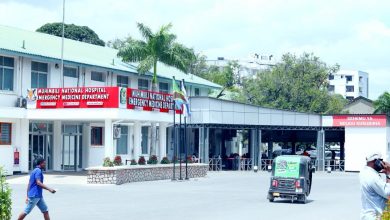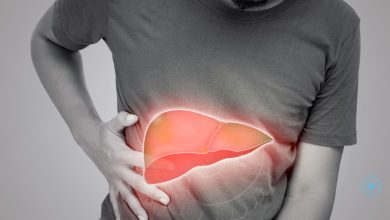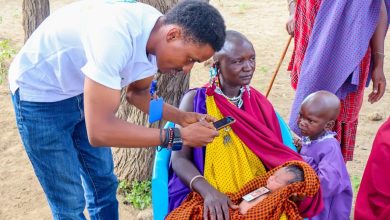CSOs resort to new Anti-HIV drive amid USAID funding suspension

DAR ES SALAAM: CIVIL Society Organisations (CSOs), health professionals and HIV advocates convened in Dar es Salaam for a high-level dialogue aimed at strengthening the national response to HIV through the implementation of the Undetectable = Untransmittable (U=U) campaign.
Organised by DARE, a local NGO working with communities to address sexual and reproductive health challenges, the meeting brought together key stakeholders to examine gaps in HIV response, particularly among adolescent girls and young women, one of the most affected groups in the current wave of new infections.
Speaking at the meeting, the Executive Director of DARE Organisation highlighted the role of civil society in supporting government efforts to combat the spread of HIV.
“Our institution works closely with communities to identify solutions to health-related challenges, particularly sexual and reproductive health and HIV. Today, we are focusing on the U=U concept if the virus is undetectable, it is untransmittable as a strategy to enhance accurate public knowledge and fight stigma,” she said.
“We work closely with communities to co-create solutions to health challenges, including HIV and reproductive health. Today, our focus is on promoting the U=U concept, meaning that when a person living with HIV is on effective treatment and the virus becomes undetectable, they cannot transmit it sexually,” she said.
She stressed the need to deliver accurate information to the public to combat stigma, increase testing, and promote consistent use of antiretroviral therapy (ART), which helps suppress the viral load to undetectable levels.
ALSO READ: How CDC, Amref Tanzania project fights AIDS in Simiyu
Bahati Haule, DARE’s Advocacy officer, spoke on the impact of funding challenges on HIV programmes:“With the recent suspension of some USAID-funded initiatives, many civil society organisations have had to pause community-based services. However, we are hopeful because some programmes may continue under waiver arrangements, depending on the selection process,” she explained.
Bahati added that stigma remains a key driver of new infections. “Our U=U programme provides education on testing and proper use of treatment. When people are supported to stay on medication and suppress their viral load, they can live full, healthy lives without transmitting the virus.”
A medical officer from a participating health centre highlighted the practical impact of such meetings, saying.
“We are the ones who deal directly with patients. These forums equip us with updated information we can share within our communities.”
Dr. Tamari Tom, an HIV advocate and social media influencer, shared her approach on how to share her knowledge with the community.
“I use digital platforms and one-on-one conversations to share accurate HIV information. Many people still lack awareness of the importance of testing or staying on treatment, so this dialogue is critical for public health.”
As Tanzania moves toward achieving the global 2030 goal of ending AIDS as a public health threat, participants called for stronger collaboration, continued funding, and community-led approaches to amplify the U=U message and reduce new infections.





